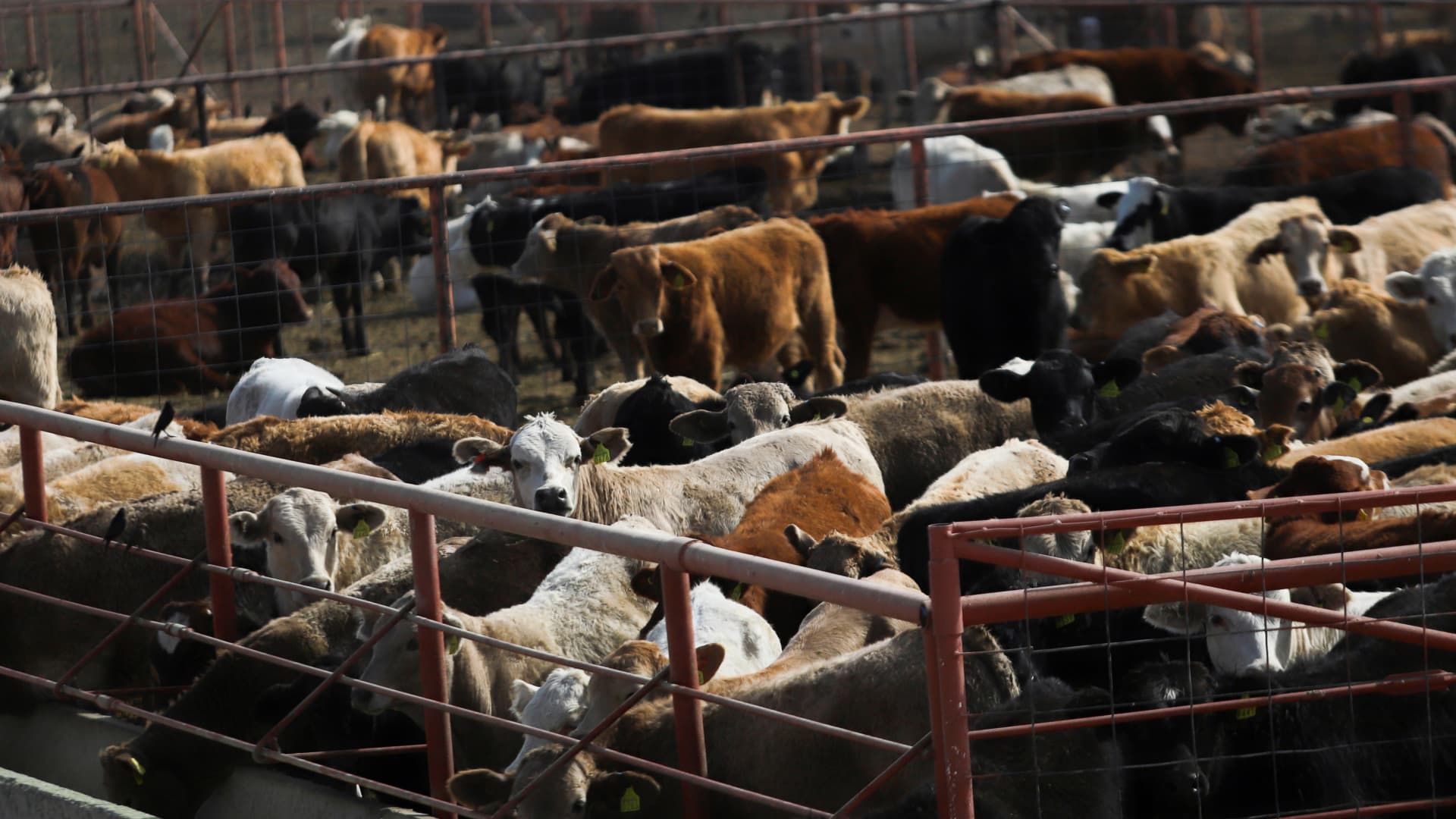Copyright Bangor Daily News

Gov. Janet Mills is calling on President Donald Trump to tap emergency reserves to keep food assistance funded for low-income Americans. In a four-page letter sent to Trump on Wednesday, Mills and the governors of 19 other states called Agriculture Secretary Brooke Rollins’ decision to let the Supplemental Nutrition Assistance Program, popularly referred to as its predecessor program, food stamps, lapse beginning Saturday “unacceptable.” “SNAP is more than a food assistance program, it is a lifeline. It helps families put nutritious food on the table, supports local farmers and grocers, and strengthens our communities and economy,” the governors wrote. Earlier this month, the U.S. Department of Agriculture warned Maine and other states that benefits won’t be paid out under the program beginning Saturday, saying that Congress has failed to provide appropriations to keep it and other programs running. This year an average of 174,147 Mainers received the benefit every month, including 59,209 children and 40,235 older adults. More than a third of recipients have a disability, according to a 51-page lawsuit filed by the attorneys general of several states Tuesday in U.S. District Court in Massachusetts. In four Maine counties — Androscoggin, Aroostook, Piscataquis, Somerset and Washington — about a fifth of their residents rely on the anti-hunger program. Nearly 75% of households that receive the benefits have at least one working adult. The average monthly household benefit is $296. In the Tuesday lawsuit, the attorneys general argue that the Trump administration has as much as $6 billion in a “contingency” fund set aside by Congress to keep the program funded, as well another $23 billion fund that the USDA tapped earlier this month to bolster the Women, Infants and Children food aid program for October despite the shutdown. The Trump administration has said it would not use the contingency funds to keep the anti-hunger program afloat in November. If nothing changes, this will be the first time that the benefits have been delayed in the program’s history, according to the lawsuit. The attorneys general called the refusal to release the funds “contrary to the law” and ” arbitrary and capricious” under the Administrative Procedure Act. Further, they argue that the federal government is required to keep SNAP funded for whomever legally qualifies for it because it is considered an entitlement program and not discretionary spending. Mills and the other governors said in their letter that the anti-hunger program prevents low-income Americans from having to make “impossible choices” between eating or taking medication, between eating or heating their homes, between eating or going to the doctor. “SNAP lifts families out of poverty by allowing them to spend money that would otherwise have been used for food on rent, heat, or health care,” they wrote. Further, the governors argue that the program boosts local economies, supporting approximately 388,000 jobs nationwide, more than $20 billion in direct wages, and more than $4.5 billion in state and federal tax revenue. The Maine Department of Health and Human Services has said that any interruption in November’s SNAP funding won’t affect benefits already loaded onto an EBT card but not used before November. DHHS will continue to accept and process applications, renewals and other updates during the shutdown. The agency noted that this change affects food stamp recipients nationwide and cannot be appealed. Mills is talking with state lawmakers about alternatives to help Mainers who rely on SNAP to keep their cupboards stocked. This week she released about $1 million from a contingency fund to support Good Shepherd Food Bank, Maine’s Area Agencies on Aging and other anti-hunger programs in anticipation of federal food benefits being cut off Saturday. The John T. Gorman Foundation is contributing $250,000 to that effort. In signing the letter, Mills joined the governors of Arizona, California, Colorado, Connecticut, Kansas, Kentucky, Illinois, Maryland, Massachusetts, Michigan, Minnesota, New Jersey, New York, North Carolina, Oregon, Pennsylvania, Rhode Island, Washington and Wisconsin.



